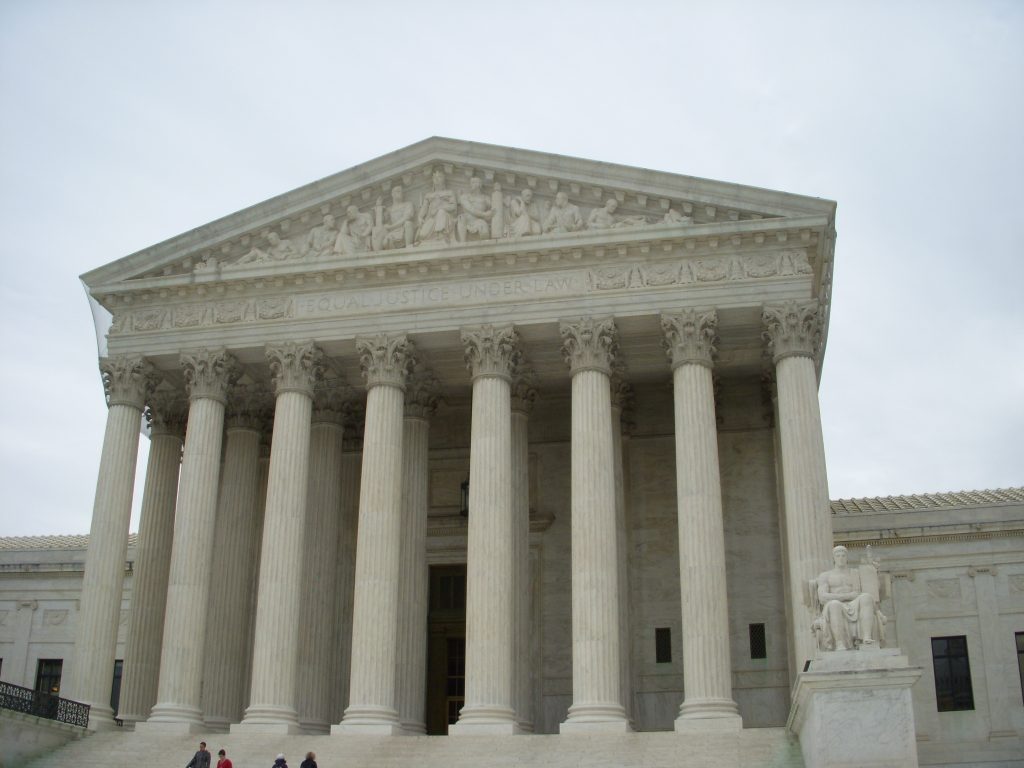
In a 7-2 decision, the Supreme Court ruled that asylum seekers in the United States have no right to a federal court hearing, and will continue to allow the Department of Homeland to administer a fast-track removal process.
The case, DEPARTMENT OF HOMELAND SECURITY ET AL. v. THURAISSIGIAM, centered on The Illegal Immigration Reform and Immigrant Responsibility Act. The IIRIRA law was passed under the Clinton administration in 1996, and according to the court documents, “provides for the expedited removal of certain ‘applicants’ seeking admission into the United States, whether at a designated port or elsewhere. An applicant may avoid expedited removal by demonstrating to an asylum officer a 'credible fear of persecution,' defined as a ‘significant possibility’ that the alien could establish eligibility for asylum.” If the alien is deemed ineligible for asylum status, the decision is then reviewed by a supervisor and then may be appealed by an immigration judge.
A farmer from Sri Lanka, Vijayakumar Thuraissigiam, was stopped 25 yards from the southern border without inspection or an entry document, and was detained for expedited removal. When an asylum officer rejected his “credible fear claim,” a supervising advisor agreed, and so did an Immigration Judge. Thuraissigiam then filed a federal habeas corpus petition. The District Court dismissed the petition, but the Ninth Court reversed it.
The Supreme Court ruling reaffirms the Department of Homeland Security’s practice and federal law that asylum seekers cannot petition against their removal once the decision is made by the immigration judge. While many are claiming this as a victory for the Trump administration, the Supreme Court is simply upholding a 24-year-old immigration practice.

























[…] Supreme Court Rules In Favor Of 24-Year-Old Immigration Law […]